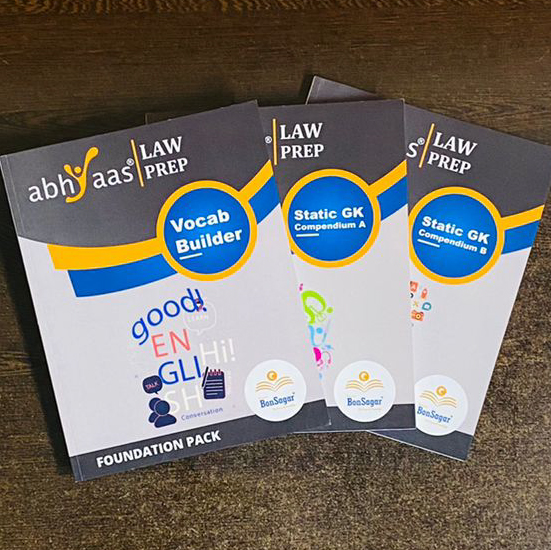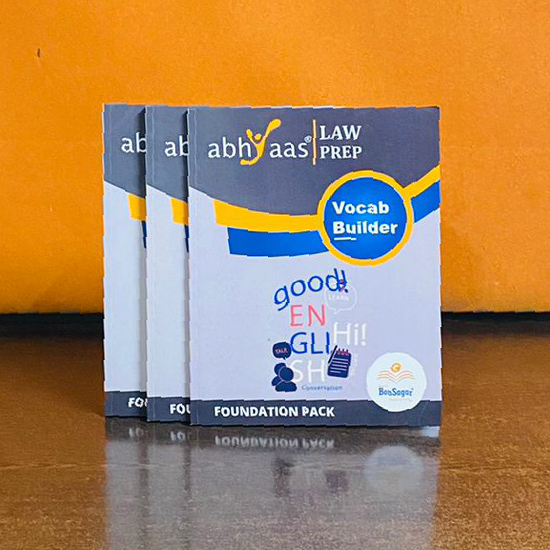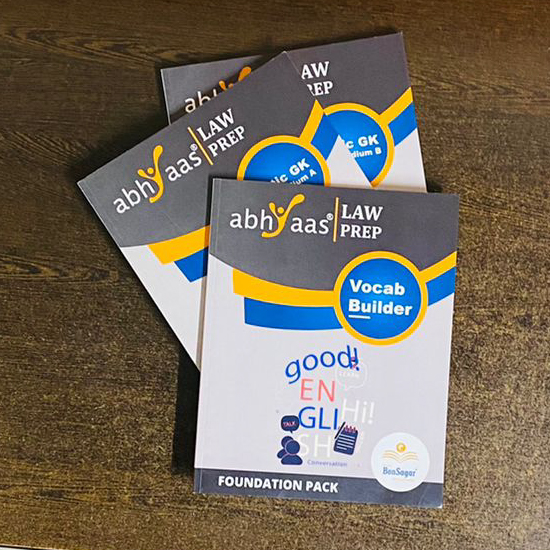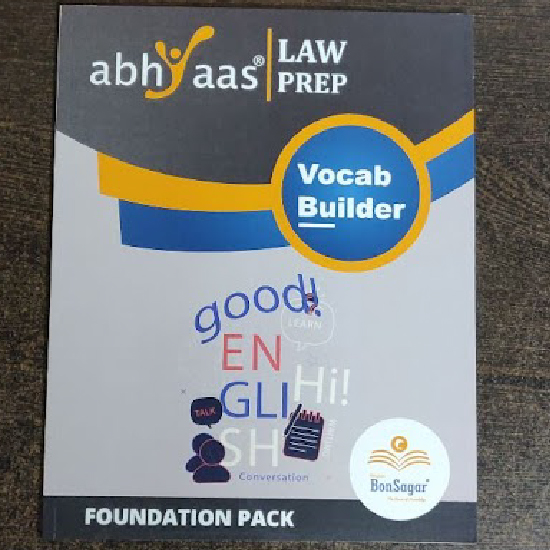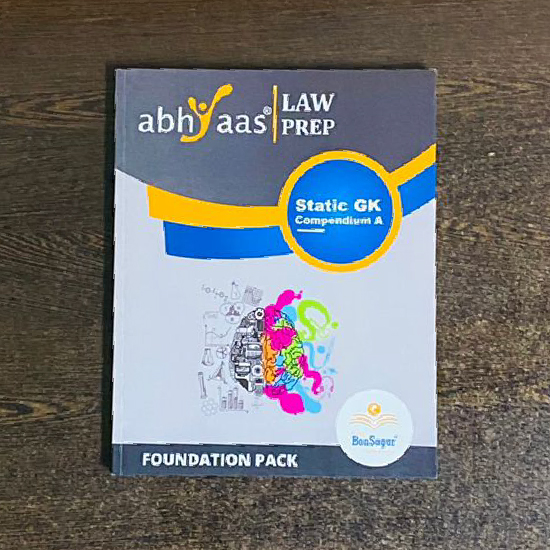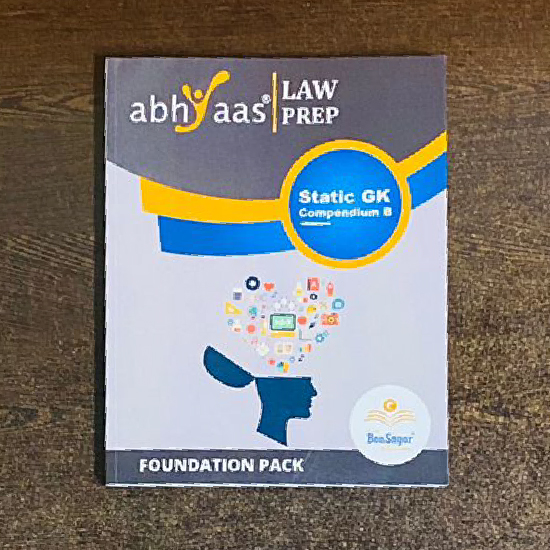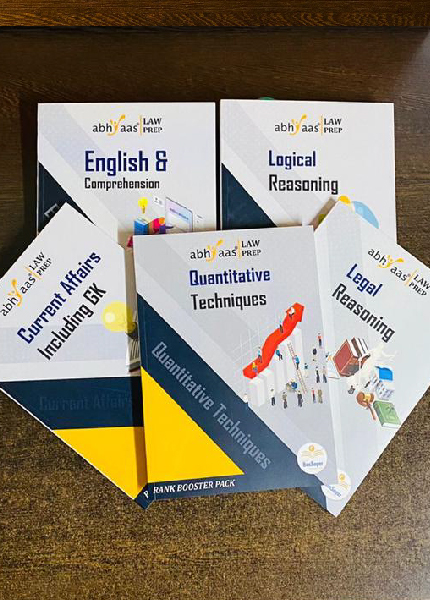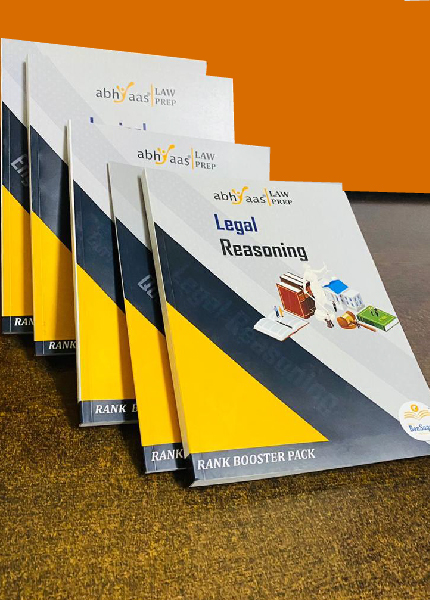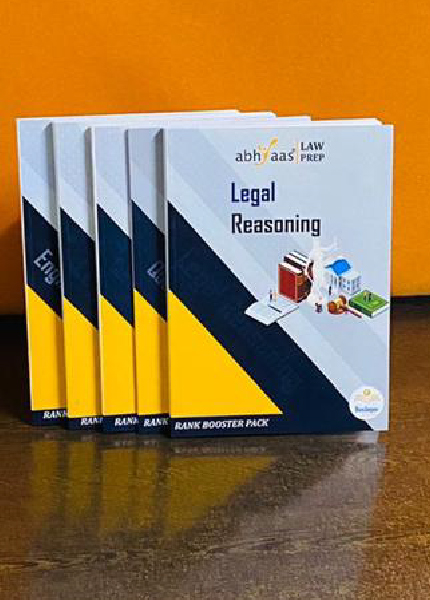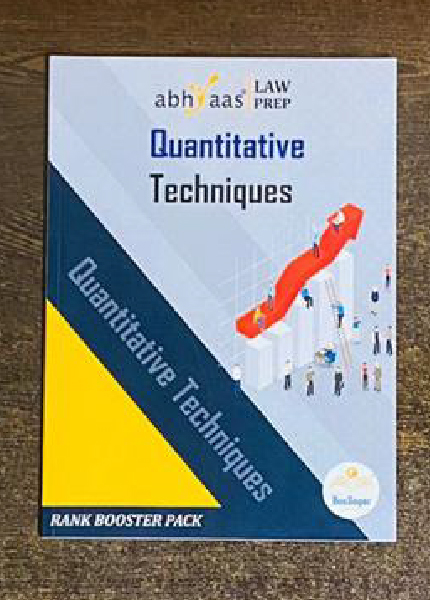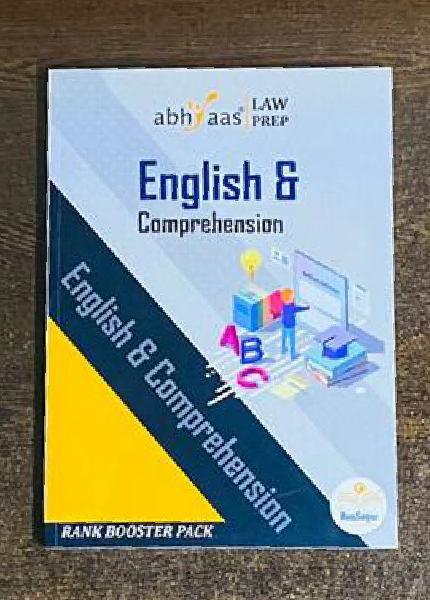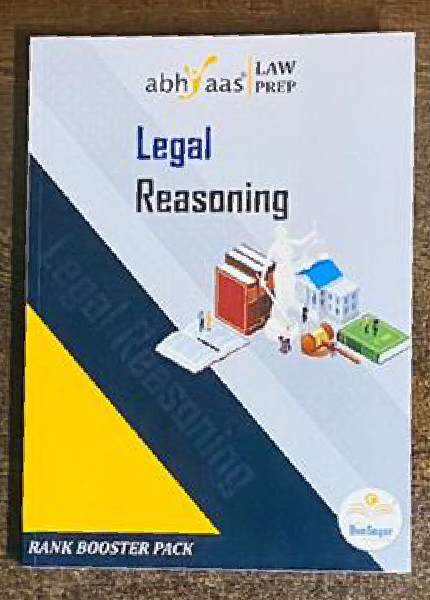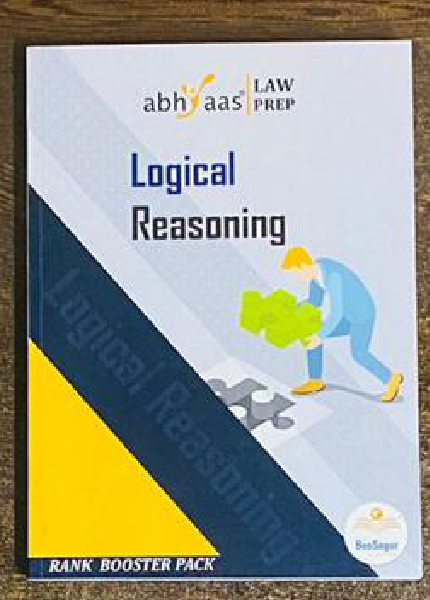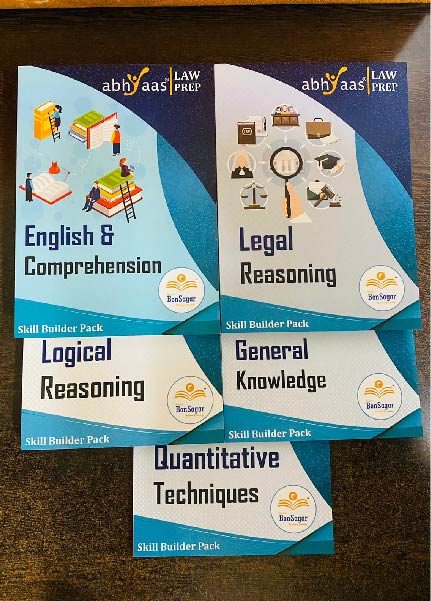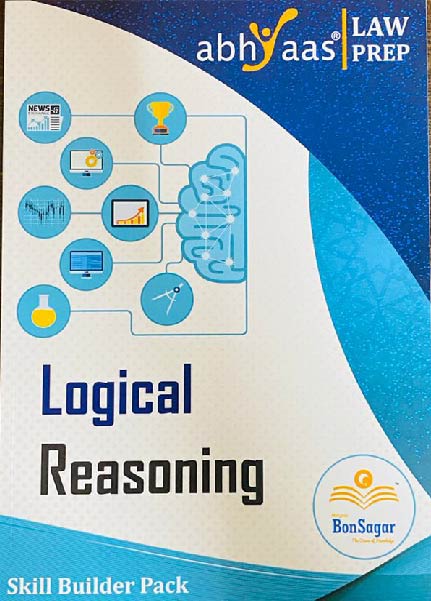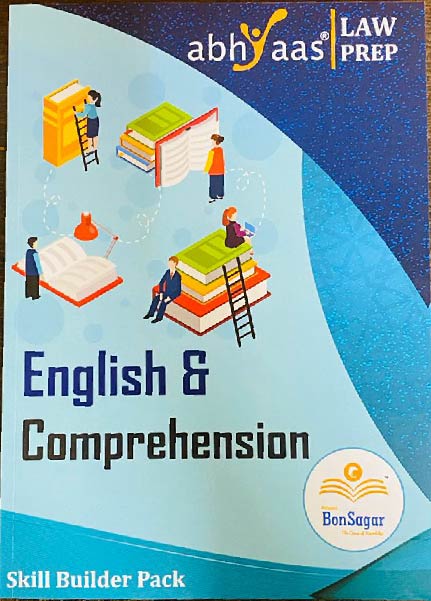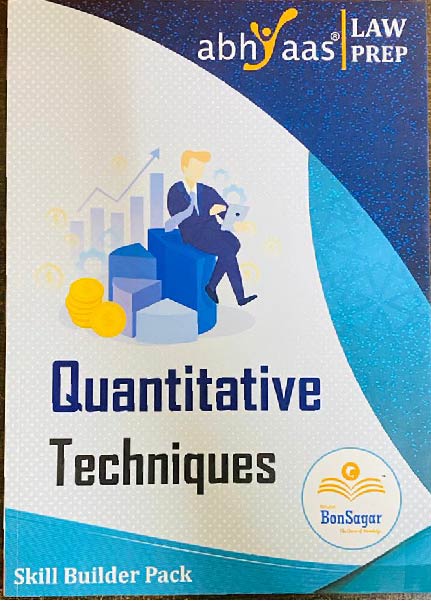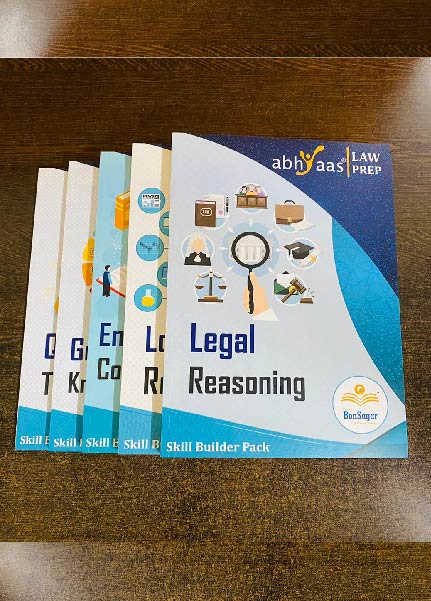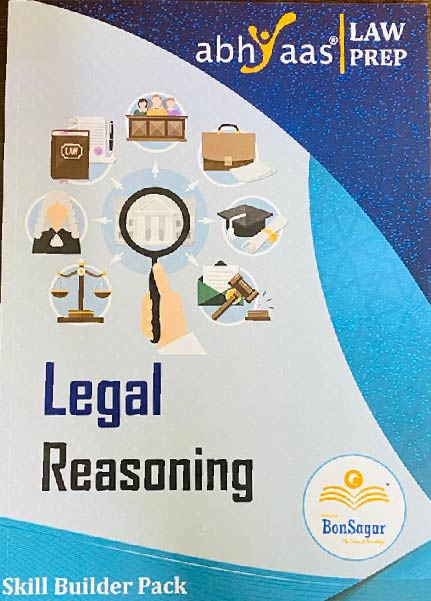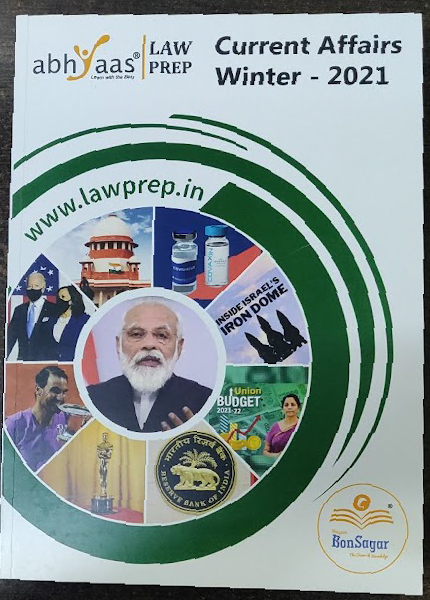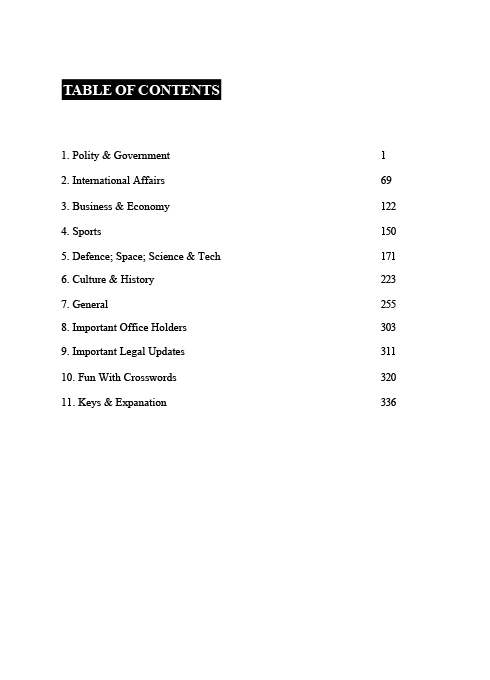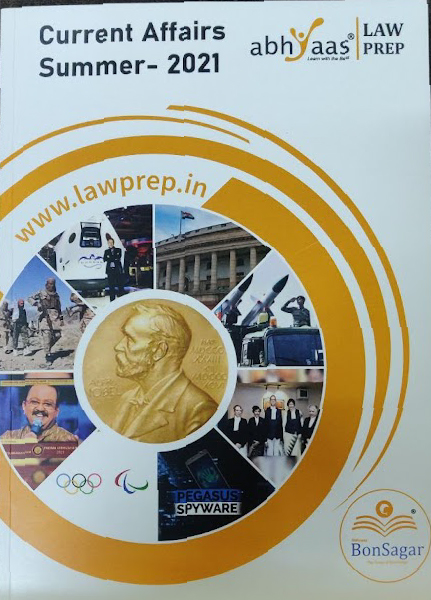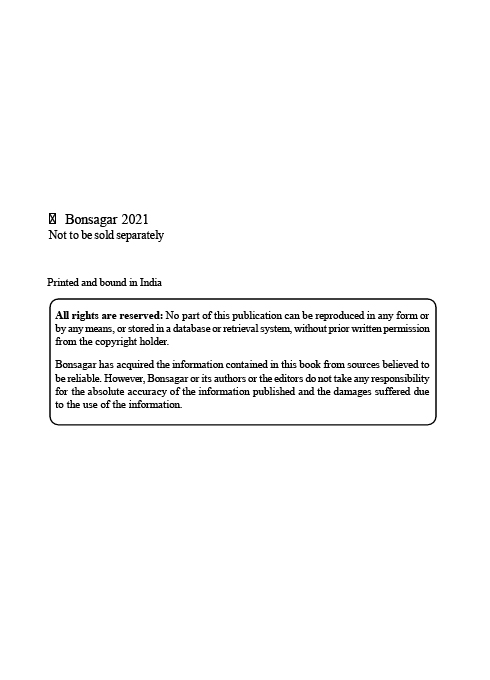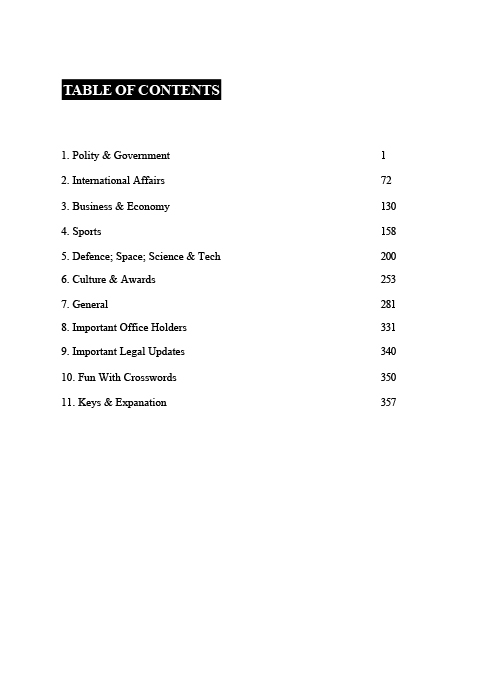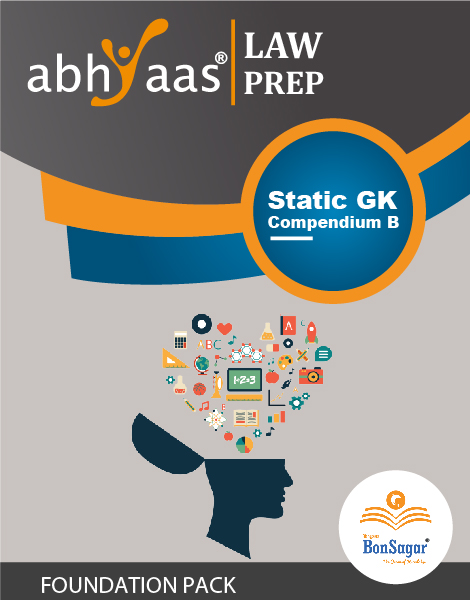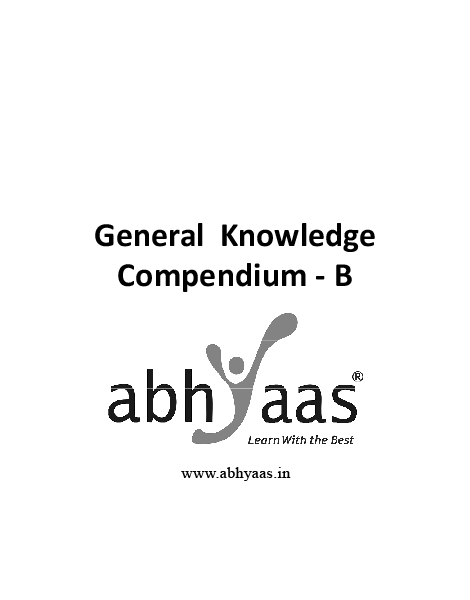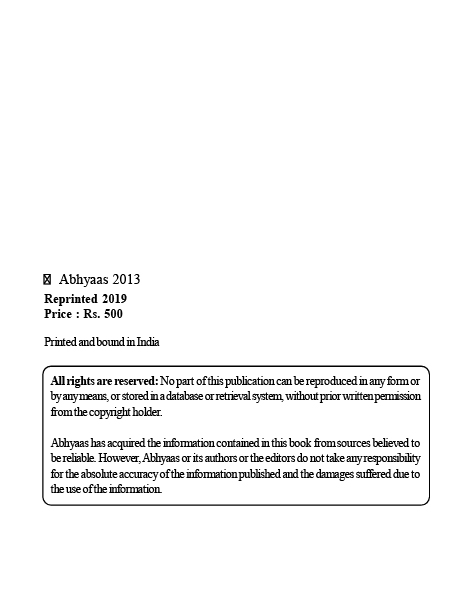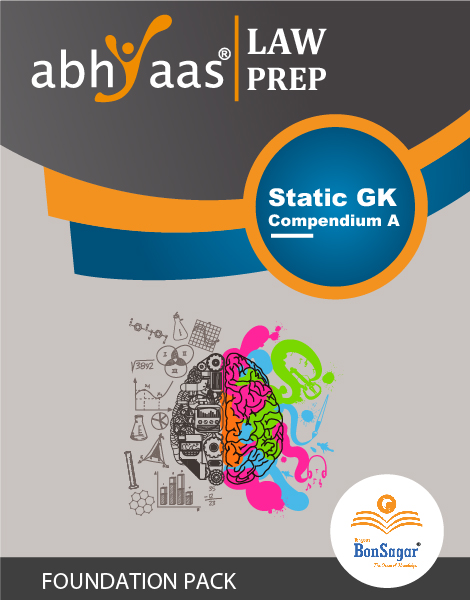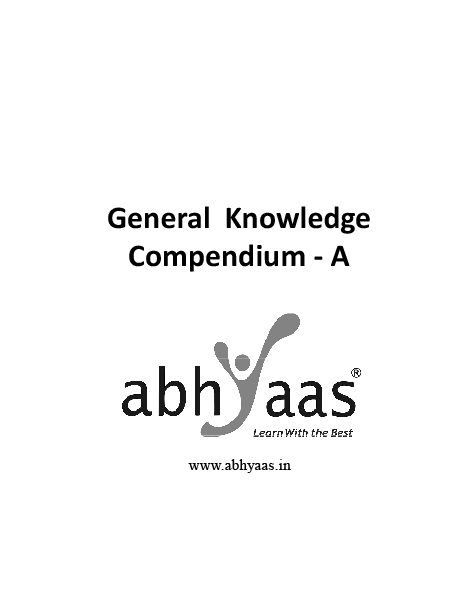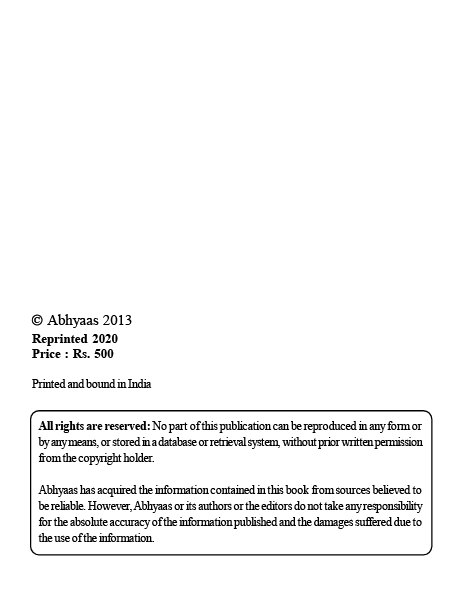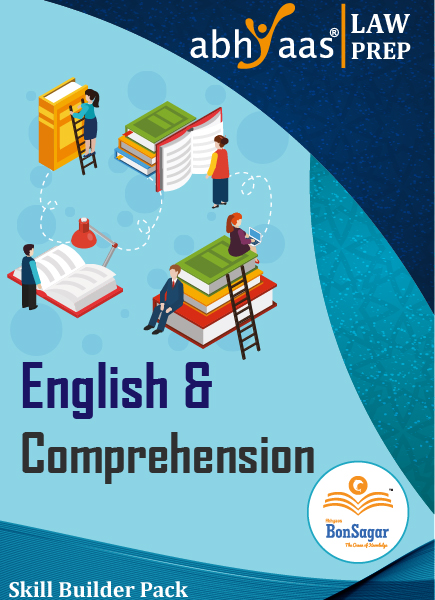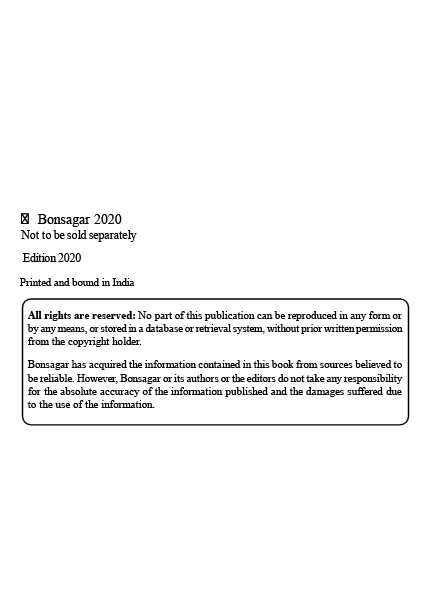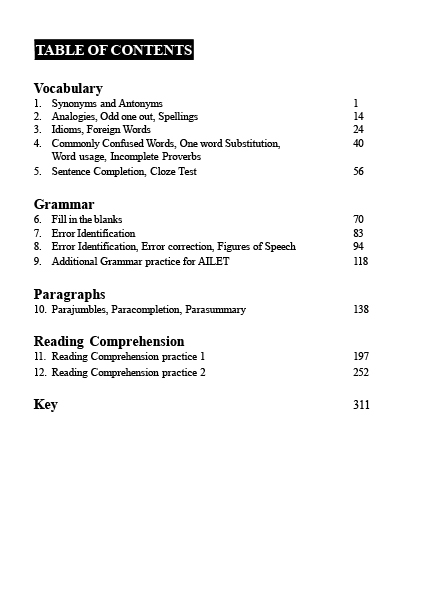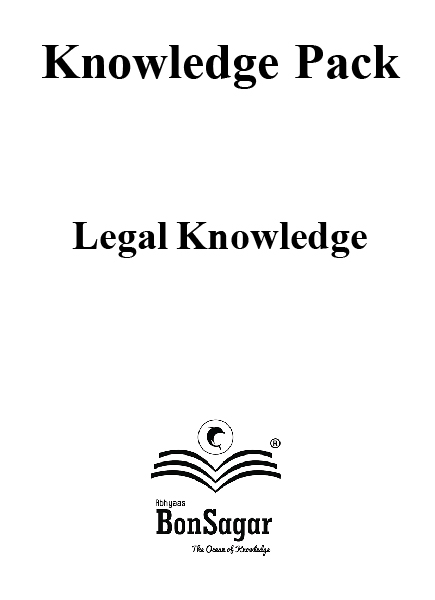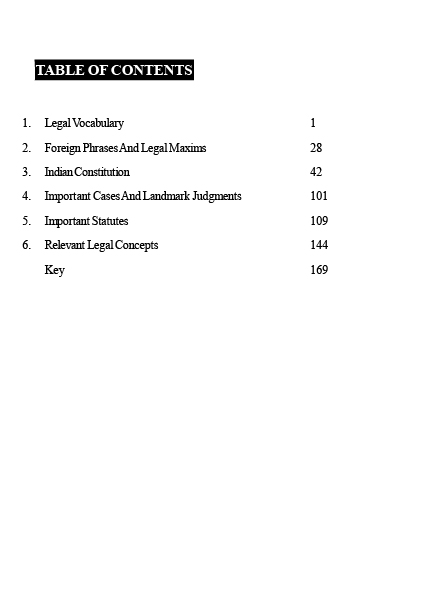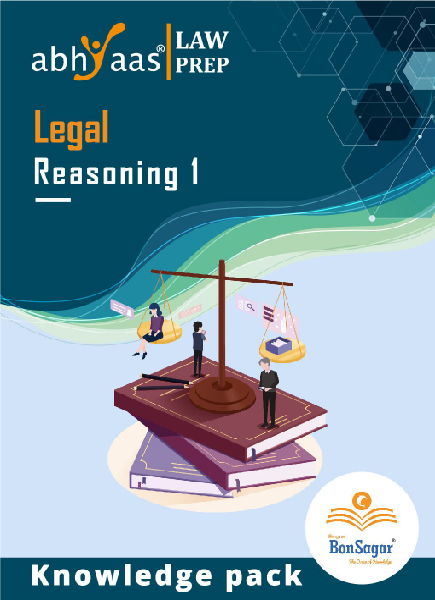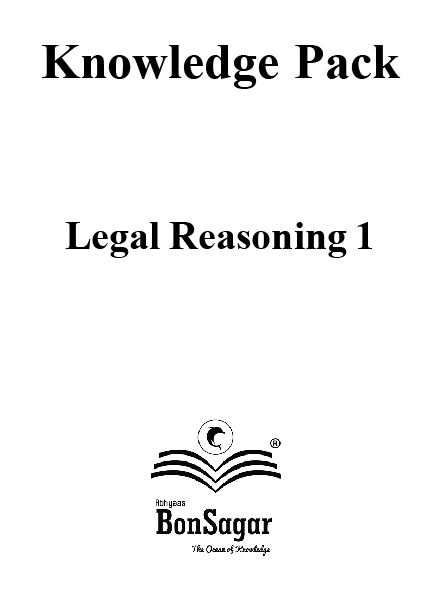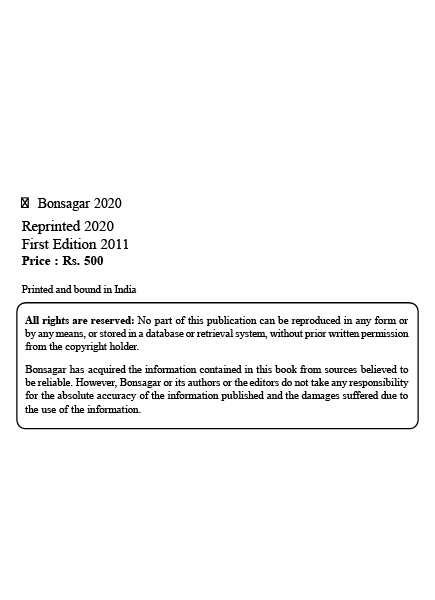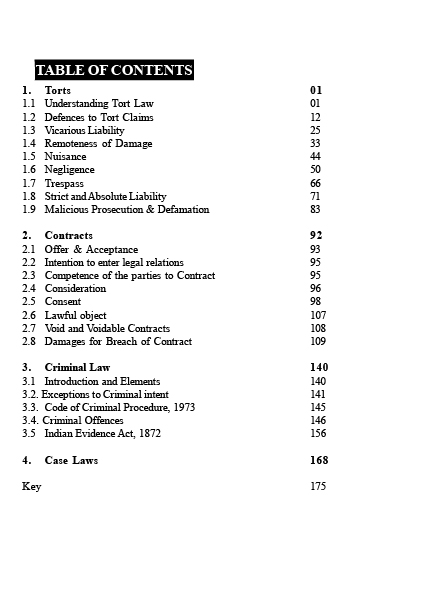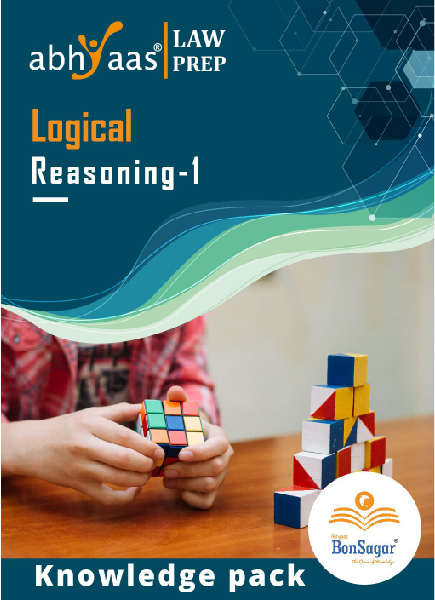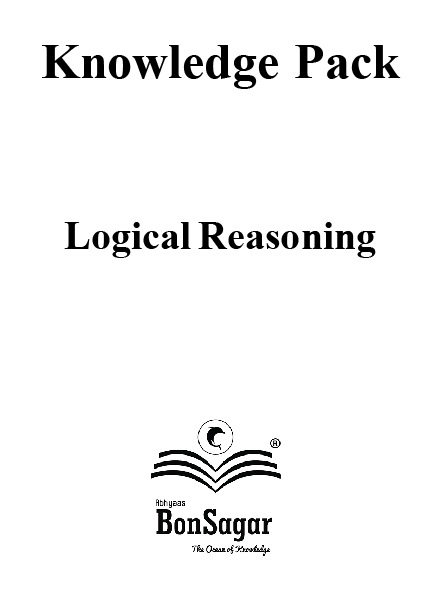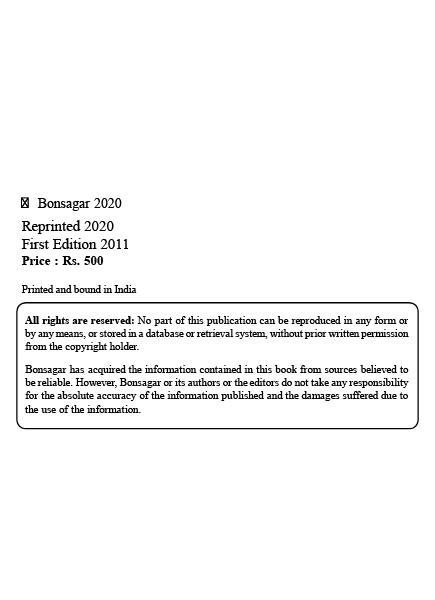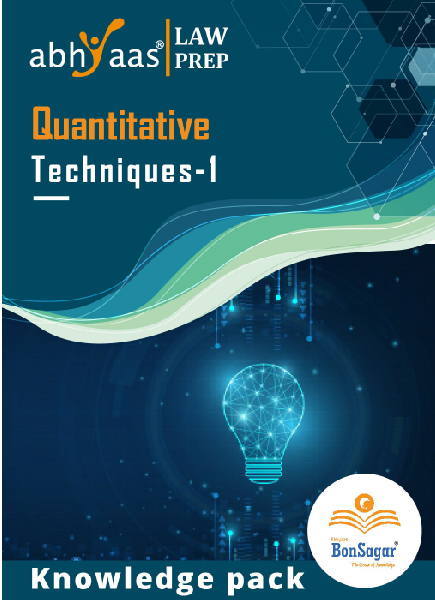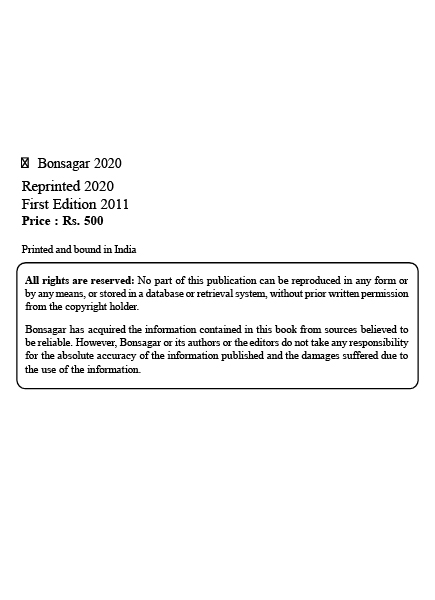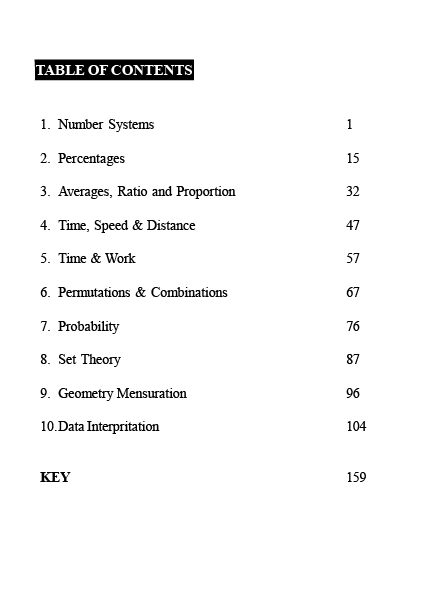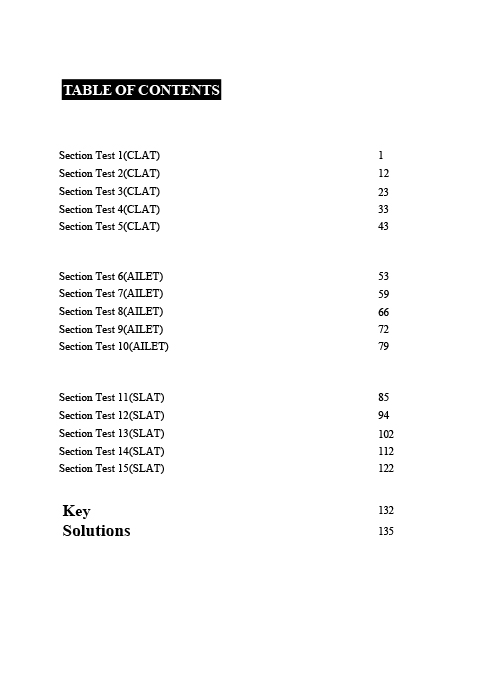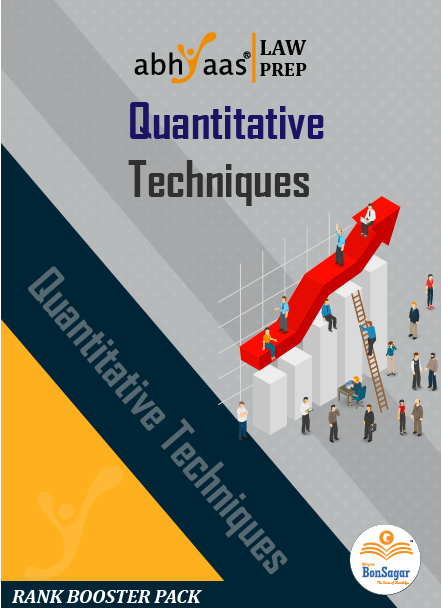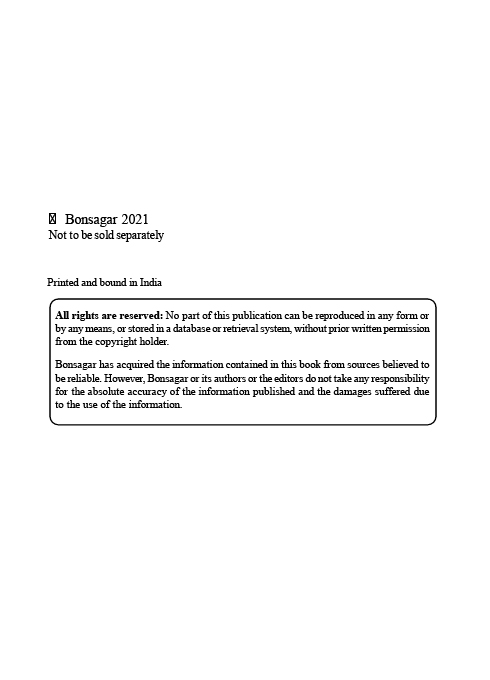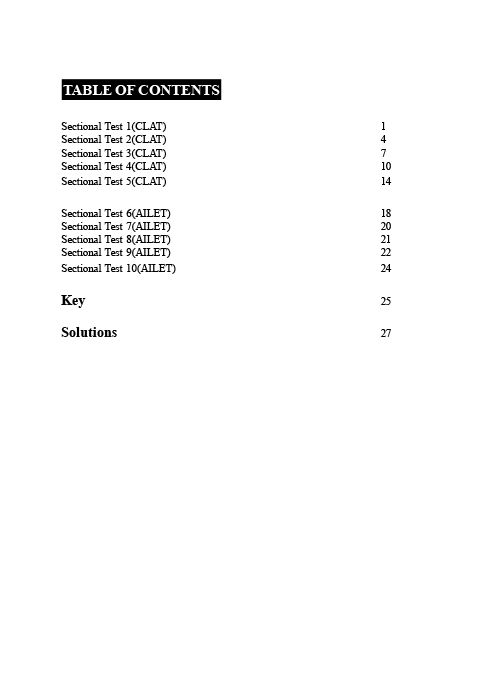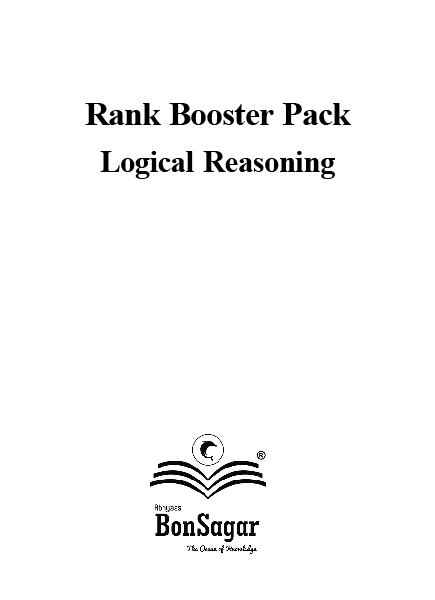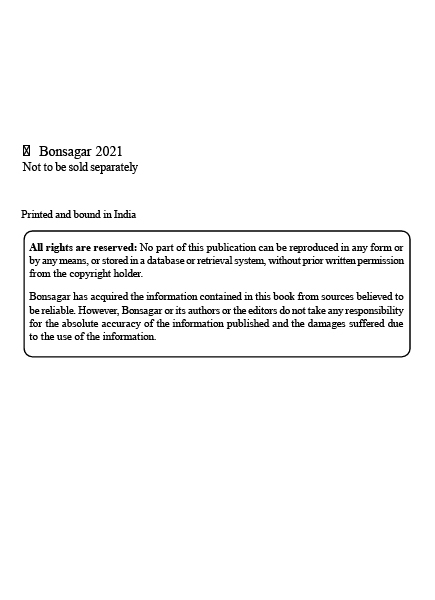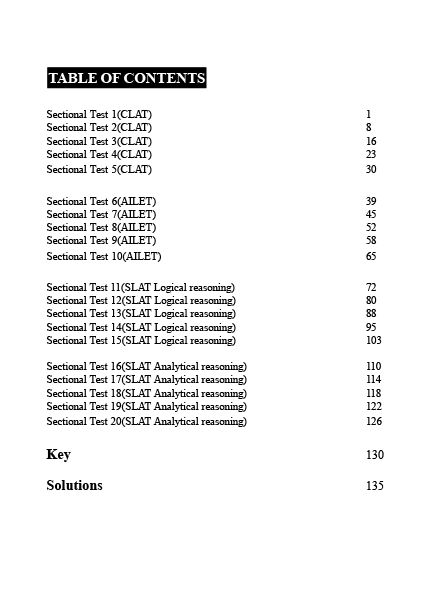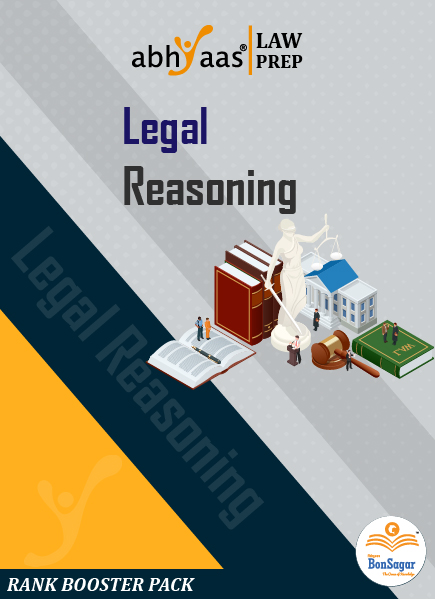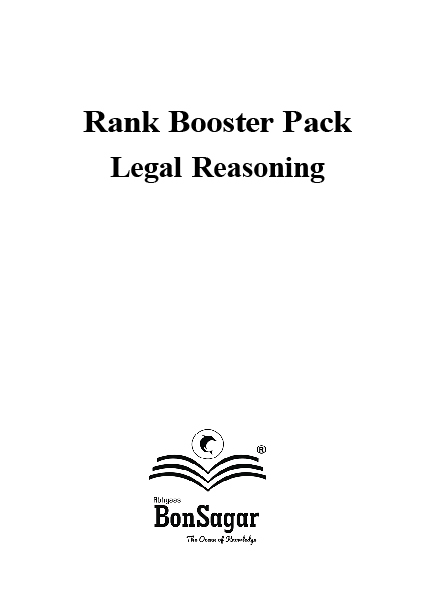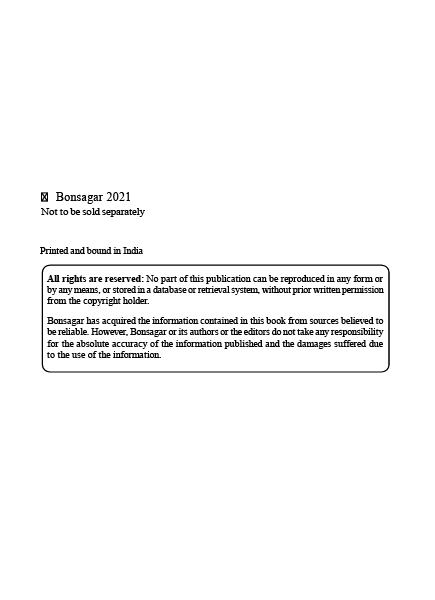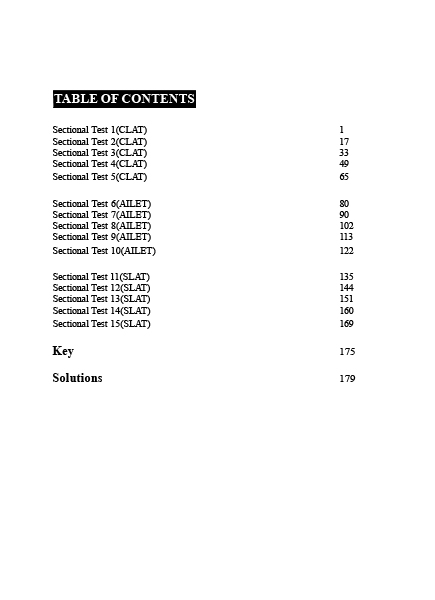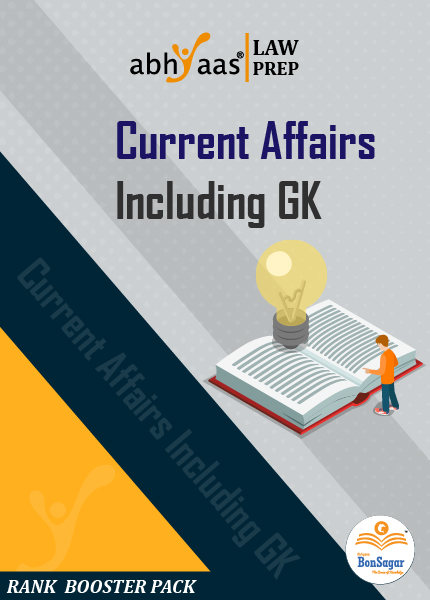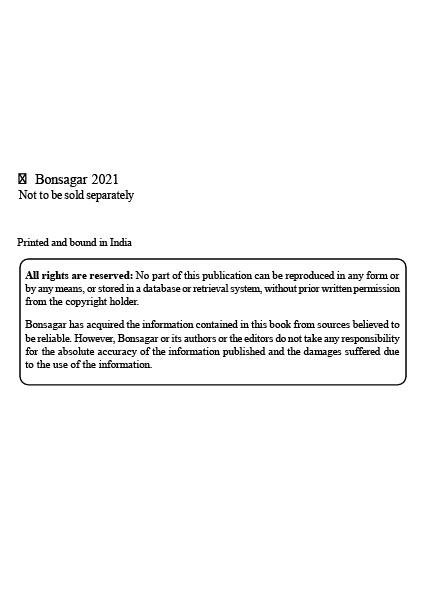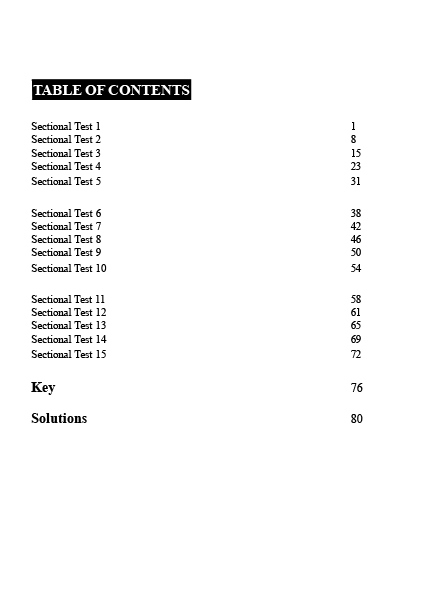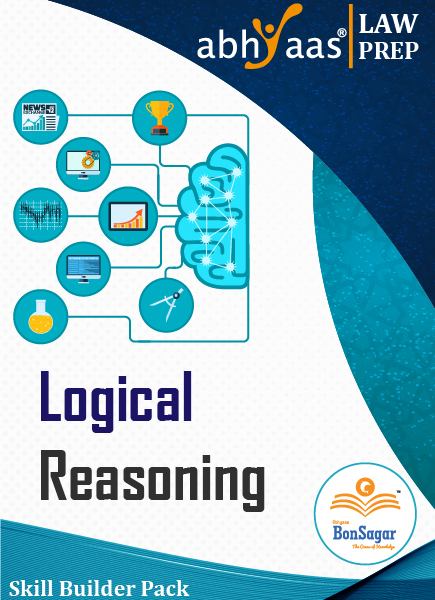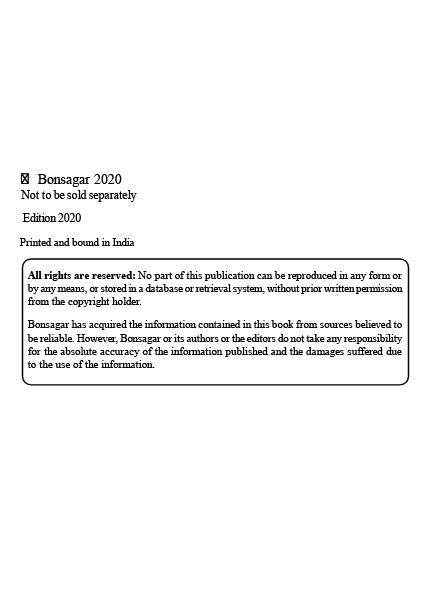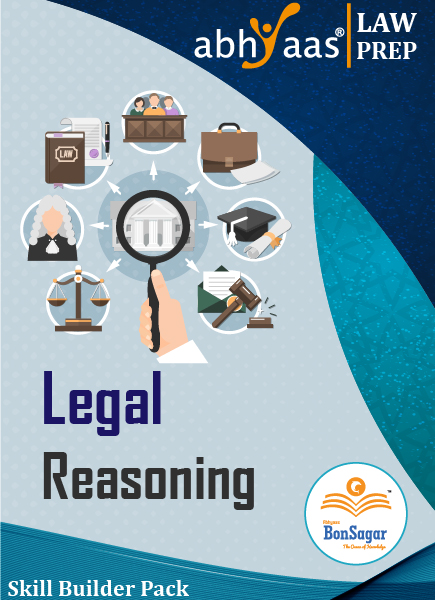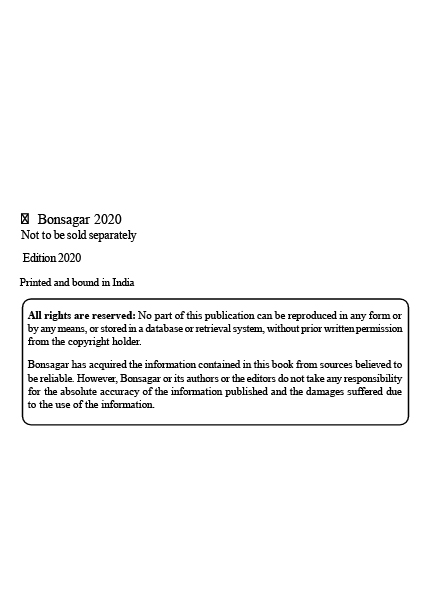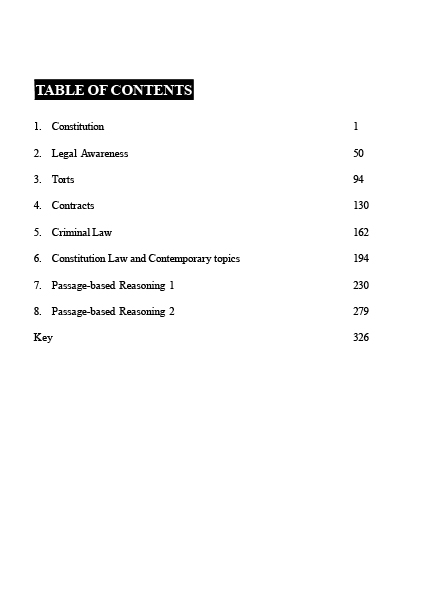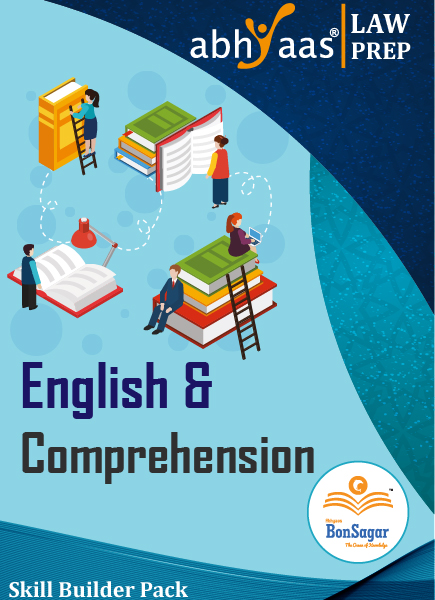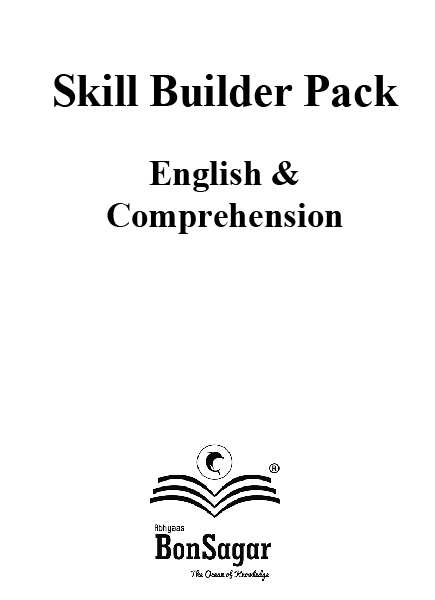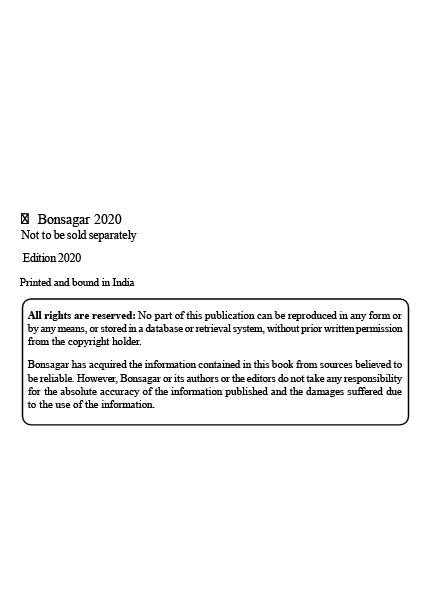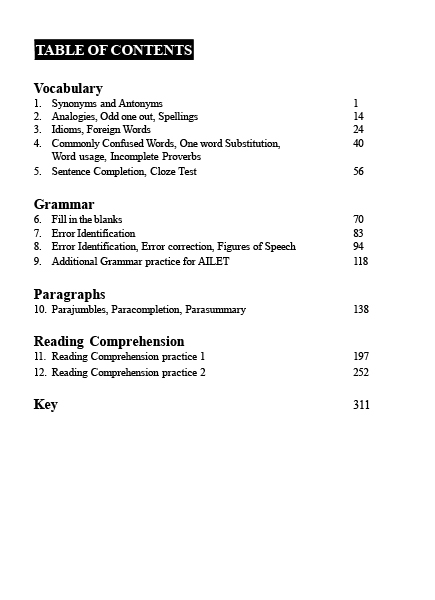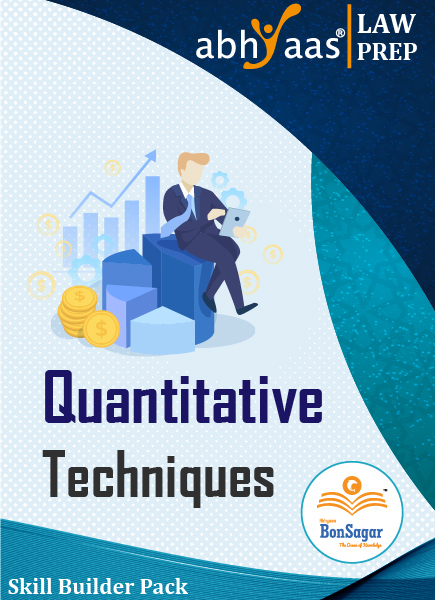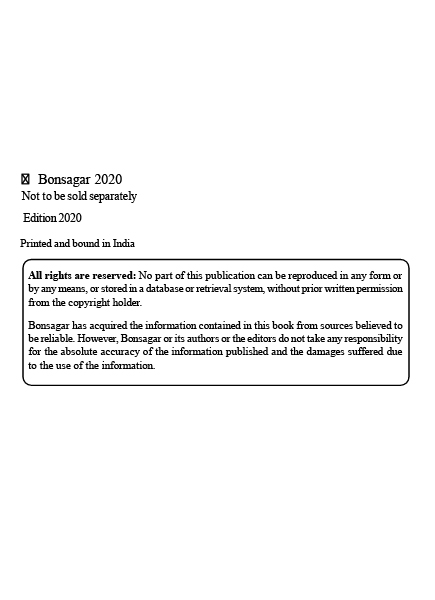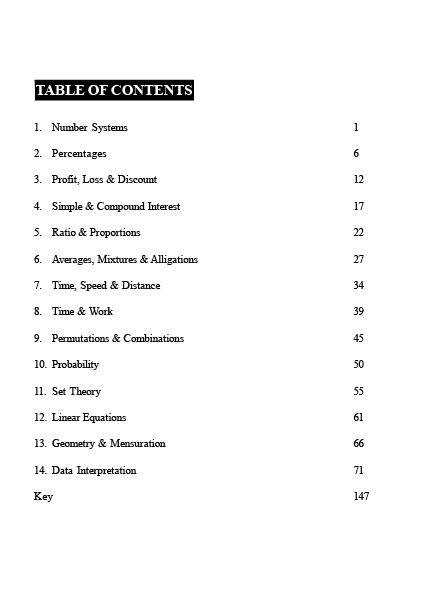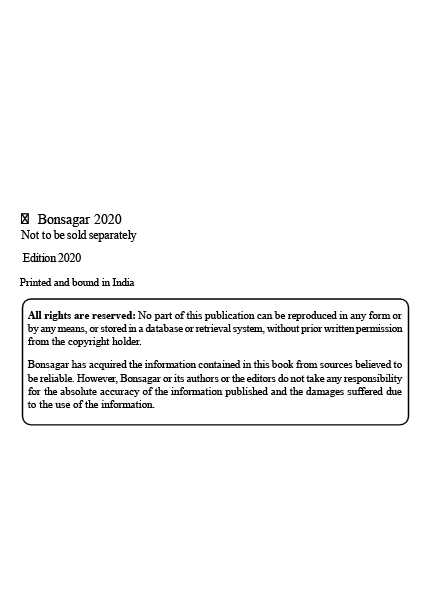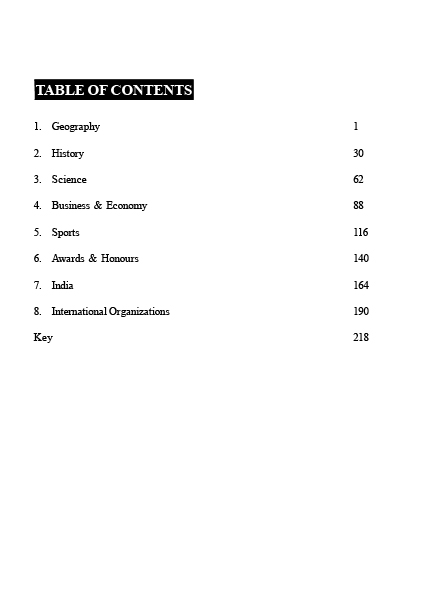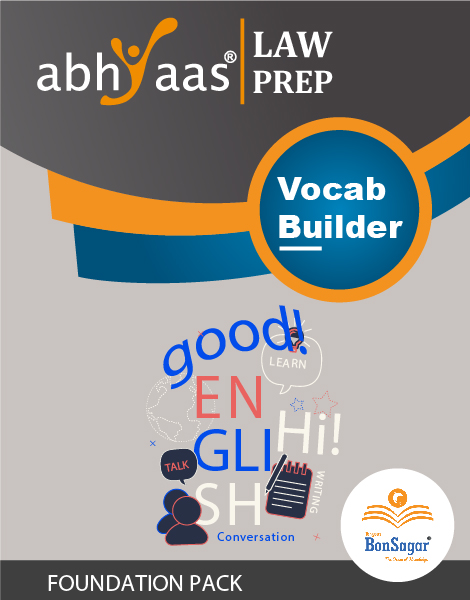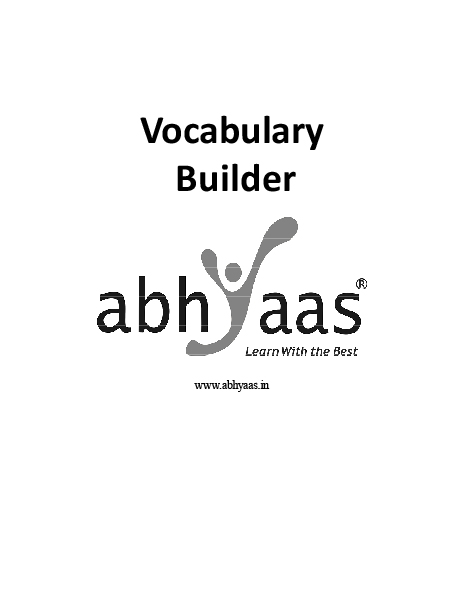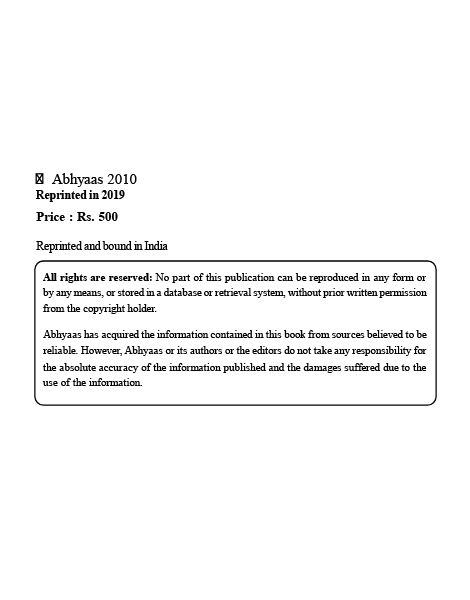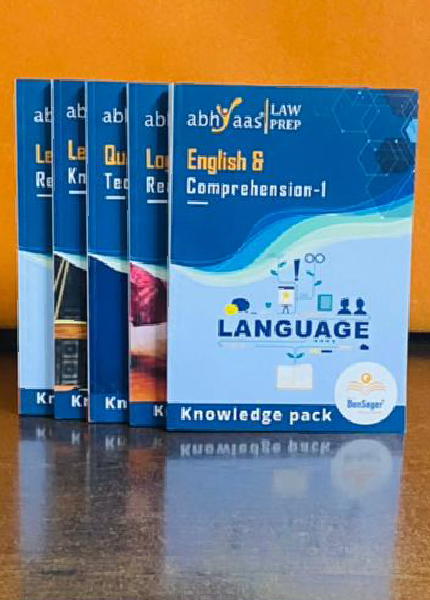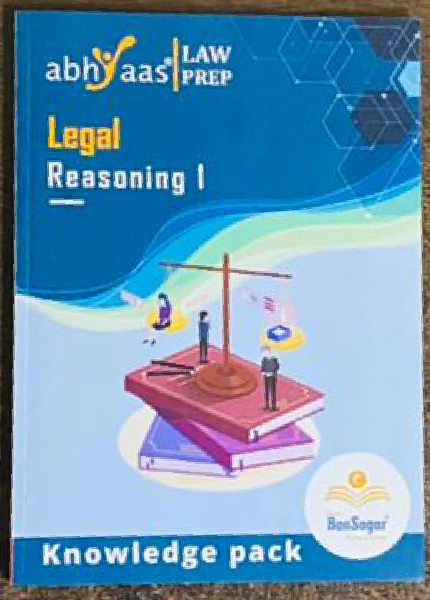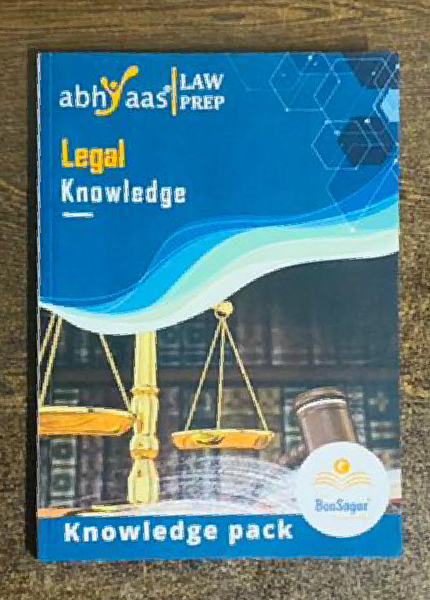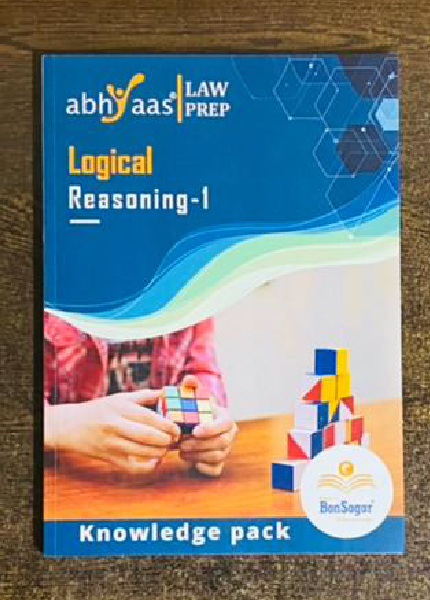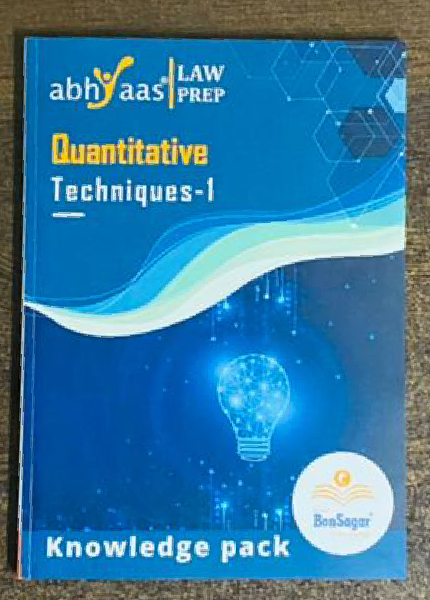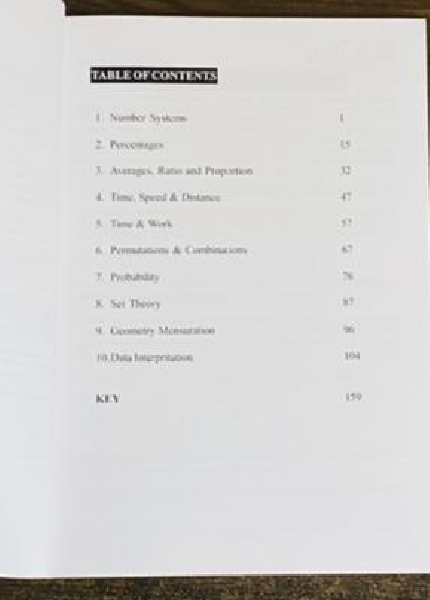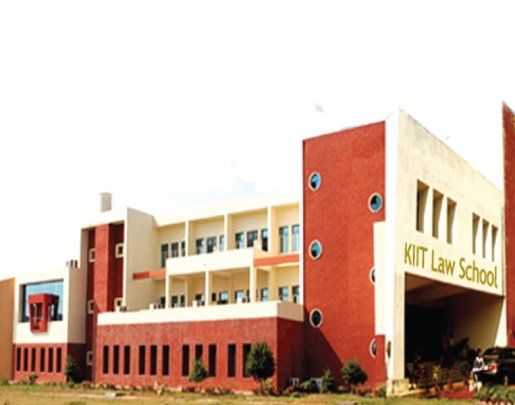
1. Over View
KIIT School of Law (KLS) is a private law school which offer law courses to undergraduate students. KIIT School of Law is affiliated to Kalinga Institute of Industrial Technology and is situated within this university at Bhubaneshwar, Odisha. KLS offers five years integrated course in BA LL.B., BBA LL.B. and BSc LL.B. with Honors specialization in different areas of law; LL.M. and PhD.
| S.No | Courses Offered | Exam | Total Fee | Duration |
|---|---|---|---|---|
| 1 | B.A,LL.B (Hons.) | KIITEE | 15.45 lakhs | 5 Years |
| 2 | BBA LL.B(Hons.) | KIITEE | 15.45 lakhs | 5 Years |
| 3 | BSc. L.L.B | KIITEE | 15.45 lakhs | 5 Years |
| 4 | LL.M. in International and Comparative Law | KIITEE | 2.39 lakhs | 1 year |
| 5 | LL.M. in Corporate and Commercial Law | KIITEE | 2.39 lakhs | 1 Year |
| 6 | LL.M. in Criminal and Security Law | KIITEE | 2.39 lakhs | 1 Year |
| 7 | LL.M. in Legal Pedagogy and Research | KIITEE | 2.39 lakhs | 1 Year |
| 8 | LL.M. in Family and Social Security Law | KIITEE | 2.39 lakhs | 1 Year |
2. Courses Offered
2.1 For B.A,LL.B (Hons.)
To be admitted to this course aspirants have to clear KIIT Entrance Exam (KIITEE).Students will be shortlisted based on their merit. Those candidates who are interested will have to apply online with required information. There are 120 seats each for Bsc. LLB ; BA LLB and BBA LLB.
2.2 For Postgraduate LL.M
To be admitted to this course aspirants have to clear KIIT Entrance Exam (KIITEE). Students will be shortlisted based on their merit. Those candidates who are interested will have to apply online with required information.
2.3 For Ph.D. in Law
Eligible candidates who have finished their masters are required to appear the NUALS admission test conducted by the university.
Candidates are then shortlisted based on their score in the admission test. They are then required to present for personal interview. Performance in the presentation of their research proposal is also considered.
3. Eligibility
3.1 For B.A,LL.B (Hons.)
The minimum eligibility for joining LLB course by the Entrance exams is that that the student should acquire the cut-off marks in the exam for the Admission on various law colleges. Minimum 50% marks are required for admission. The applicant must be maximum 22 years of age.
3.2 For Postgraduate LL.M
Minimum graduation in B.A. LL.B., B.Com LL.B, B.Sc. LL.B, LL.B., B.Tech LL.B., B.L.S. LL.B., BBA LL.B. Candidate must have minimum 55 % marks and alsocleared CLAT.
3.3 For Ph.D. in Law
Minimum eligibility is 55% marks in any of the LL.M course or M.Phil from a recognized university or master’s in social science or allied discipline relevant to the field from a recognized university. Candidates are then shortlisted based on their score in the admission test. They are then required to present for personal interview.
4. Fee Structure
4.1 B.A., LL.B. (Hons.) Program
(Total fees which includes componenets like Hostel, Tution, Admission, Library, Refundable Deposit)
Total fees INR 15.77 Lakhs
A candidate has pay INR 15,000 as the hostel and other fees (one time) and student availing premium facilities in the hostel has to pay extra INR 10,000 per semester.
International/ NRI/ SAARC students fee could vary depending on INR value of US dollar and above-mentioned academic fee include only the tuition fee.
4.2 LL.M. Program
(Total feeincluding refundable deposits)
INR 2.39 lakhs
A candidate has pay INR 15,000 as the hostel and other fees (one time) and student availing premium facilities in the hostel has to pay extra INR 10,000 per semester.
International/ NRI/ SAARC students fee could vary depending on INR value of US dollar and above-mentioned academic fee include only the tuition fee.
5. Research centers
NUALS houses research centers
• Centre for Law and Environment.
• Centre for Law and Development.
• Centre for Law and Agriculture.
• Inter-Disciplinary Centre for Police Studies.
• Centre for Parliamentary Studies and Law Reforms.
• Centre for Continuing Legal Education and Extension.
• Centre for Consumer Protection Law and Policy.
• Inter-Disciplinary Centre for Social Justice.
• Centre for Intellectual Property Rights
• Centre for Human Rights
• Centre for Law and Economics
• Centre for Health and Law
• Centre for Woman and Family Studies


